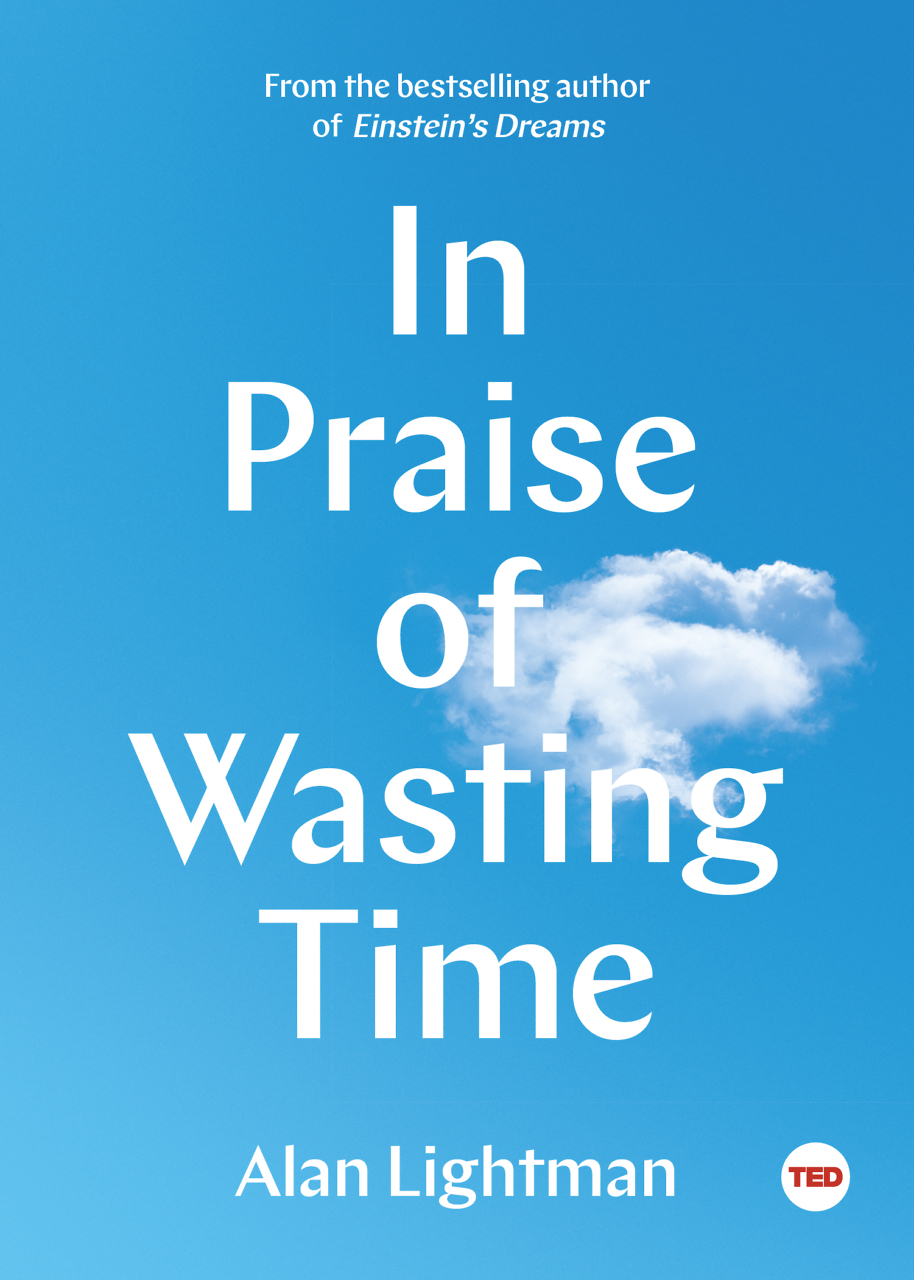Betting the Farm
Leslie Lytle’s first novel chronicles a Tennessee woman’s fight against factory farming
With his dying breath, an injured farmer begs his wife, “Promise me, Berta, promise me you’ll keep the farm going,” setting the stage for Leslie Lytle’s first novel, Chicken Stock. The book, set in central Tennessee, soon pits Berta, a young mother and former schoolteacher, against Poultry Unlimited, a company with whom her husband had contracted to raise chickens. While the author’s website and public appearances make it clear that she strongly opposes corporate farming—GMOs as well as massive poultry and pork operations—the book deftly avoids becoming a polemic against agribusiness in general and corporate chicken producers in particular.
 Like the Tracy City-based author, Chicken Stock’s protagonist is a traditional-music artist with a green thumb, a woman deeply in touch with rural ways of life. As she struggles to honor her husband’s last wish in the months after his death, she finds herself increasingly at odds with company representative Dylan Williams over the best way to raise her large flock of company-owned chickens—this despite a strong physical attraction to the young field agent.
Like the Tracy City-based author, Chicken Stock’s protagonist is a traditional-music artist with a green thumb, a woman deeply in touch with rural ways of life. As she struggles to honor her husband’s last wish in the months after his death, she finds herself increasingly at odds with company representative Dylan Williams over the best way to raise her large flock of company-owned chickens—this despite a strong physical attraction to the young field agent.
“So they’re not really my chickens?” she asks him, disbelieving, in an early conversation. This arrangement is actually to the farmer’s benefit, Dylan assures her: “Way the contract sets it up, you don’t owe anything in the event of a total loss.” But a total loss is exactly what looms on the horizon, a perfect storm of bad weather and transportation problems that block company-approved feed from reaching farmers. In her efforts to avoid economic ruin and the mass death of her flock, Berta finds herself organizing farmers against the corporation even as a problematic romance with Dylan continues to blossom. Neighbors and family take sides in what becomes a classic David-and-Goliath battle.
Over a century ago, Upton Sinclair wrote about the horrors of the American meat-packing industry in The Jungle, a novel that ultimately led to the creation of the Pure Food and Drug Act. While Lytle may be attempting similar social change with Chicken Stock, this book is far gentler and more human in the story it tells. Berta, her family, and friends are drawn as warm, believable Tennesseans. Berta’s fight against agribusiness arises, for want of a better word, organically from the events of her introduction to chicken farming. The novel explores the resilience of the America character as much as it presents arguments against the corporate exploitation of American farms and farmers.
In addition to playing with a Celtic band, Lytle writes for The Sewanee Mountain Messenger and in 2008 published a work of journalism, Execution’s Doorstep, which chronicled the lives of five people sentenced to death for crimes they did not commit. Her lack of previous credits in fiction may be why her debut novel found publication with such a tiny press, Hedgehog & Fox, an imprint launched in 2015 by literary agent Sarah Warner to give voice to “compelling female protagonists.” In Chicken Stock readers will find a compelling and sympathetic hero, a strong argument for sustainable, natural farming, and a Tennessee novelist worth watching.

Michael Ray Taylor teaches journalism at Henderson State University in Arkadelphia, Arkansas. He is the author of several books of nonfiction and coauthor of a new textbook, Creating Comics as Journalism, Memoir and Nonfiction.


